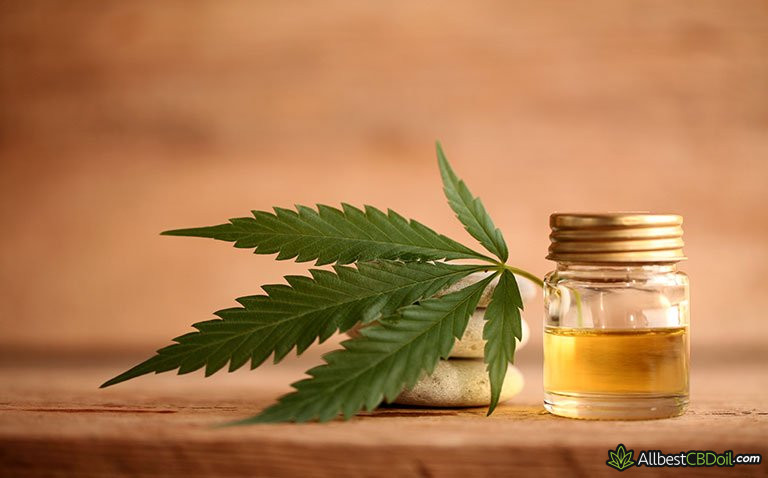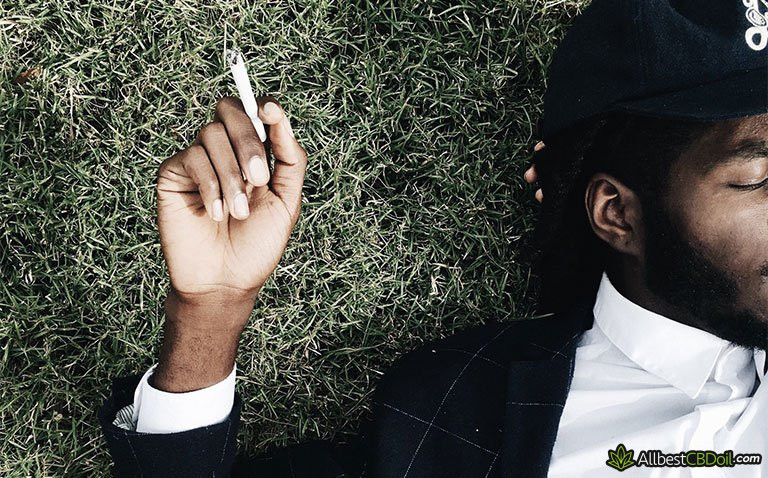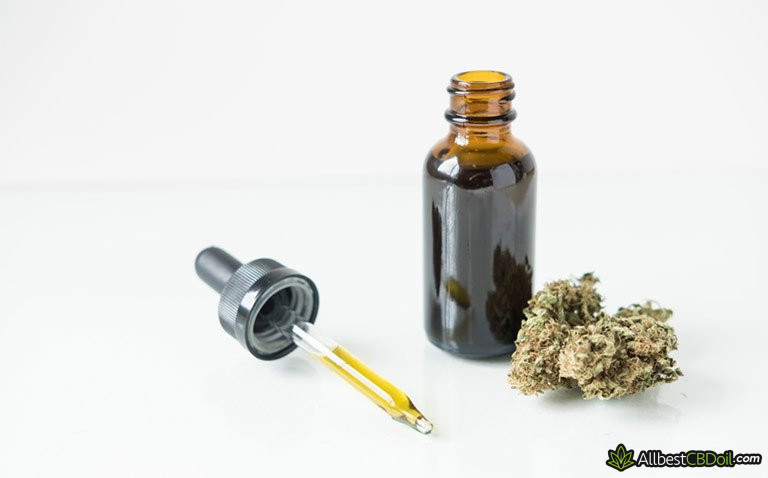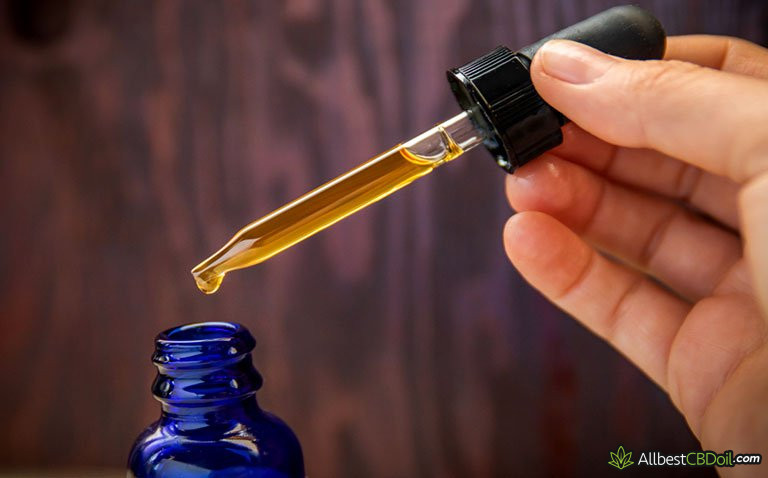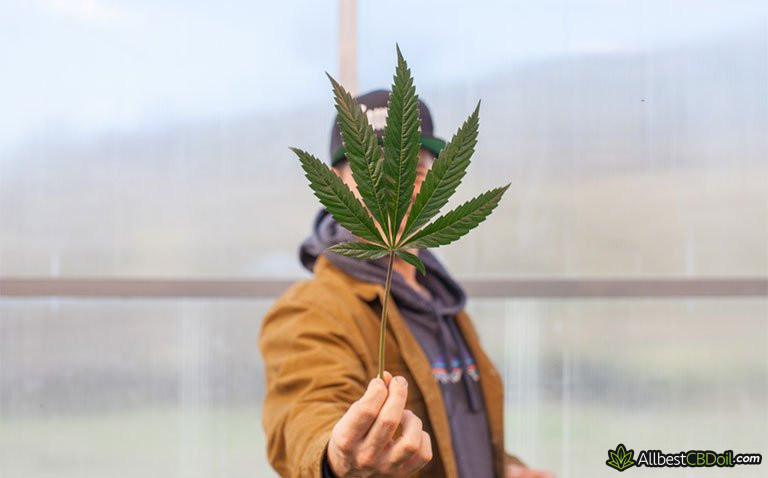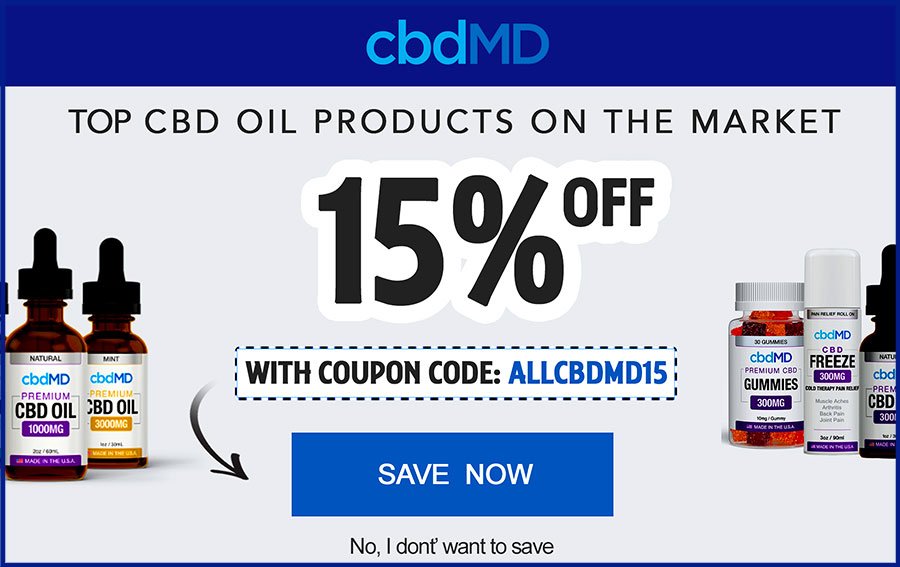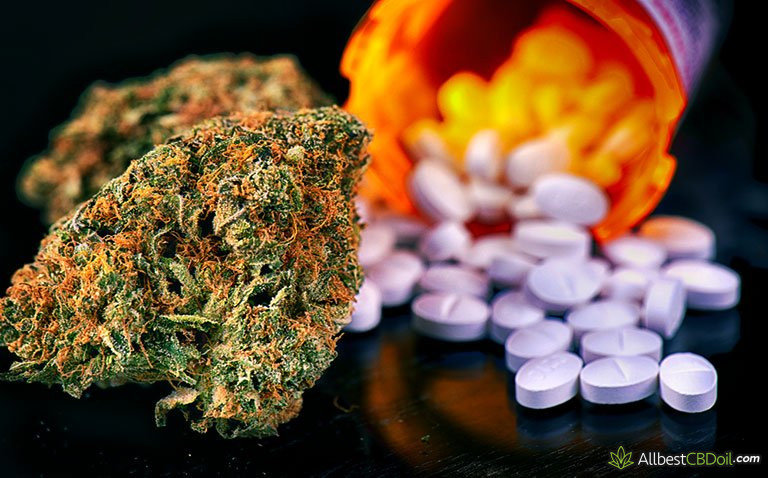
Those who deal with the unpleasant symptoms of various illnesses or suffer from any kind of ailments often consider using CBD products to alleviate the symptoms. It’s often the case that they’ve already been prescribed medicine for these symptoms. And that might leave you wondering about CBD drug interactions.
It’s no secret that some drugs interact with others and may cause unwanted effects on your health. So, if you’re considering using CBD oil or any of the other products, you must be curious how taking these supplements might affect you if you’re taking other drugs, and also, what drugs should not be taken with CBD.
Let’s find out CBD drug interactions in this article!
Can CBD interact with other drugs?
In short - yes. CBD can interact with:
A) Statin drugs for high cholesterol;
B) Blood thinners like Eliquis, Xarelto, Warfarin, Pradaxa;
C) Antibiotics like Erythromycin and Biaxin;
D) Benzodiazepines like Valium, Xanax;
E) Calcium channel blockers like Amlodipine, nifedipine, verapamil.
All these are part of the drug interaction Cytochrome P450 family, which challenges the ability of these drugs to be effective.
Table of Contents
- 1. How Does CBD Work?
- 2. How Do Drugs Affect You?
- 3. CBD Drug Interactions
- 3.1. How Do Liver Enzymes Work?
- 4. How to Safely Take Both CBD and Drugs
- 5. Signs That Your Medicine Isn’t Compatible with CBD
- 5.1. Increased Side Effects
- 5.2. Decreased Effectiveness of the Drug
- 5.3. CBD Side Effects
- 6. Should I Take CBD with Medicine?
- 7. Conclusions
How Does CBD Work?
Before we start talking about CBD drug interaction, we should first cover what CBD is and how it affects you. Despite its popularity, there are still many people out there who don’t have the opportunity to take a deeper look into the process of how CBD works and what it really derives from.
CBD, short for cannabidiol, is one of the many cannabinoids found in the cannabis family plant.

Unlike its counterpart THC (tetrahydrocannabinol), CBD is not psychoactive[1] but it has many great relaxing effects, while it’s also known to ease certain ailments. Keeping all that in mind, you might still find yourself guessing exactly what could happen to your health when you consume this type of cannabinoid.
The assimilation process happens simply because our bodies have endocannabinoid systems, that are made out of many cannabinoid receptors, responsible for recognizing cannabinoids and allowing them to affect our bodies.
The receptors I’m talking about here are CB1 and CB2 receptors. They’re responsible for assimilation of cannabinoid molecules.
By assimilating them, if the cannabinoid you consumed has psychoactive effects, it may have an analogous effect on your body, or it may provide an immune response, if the cannabinoid has these properties.
How Do Drugs Affect You?
Now that we have covered how CBD works, we should also talk about how certain drugs affect you in order to be able to talk about CBD drug interactions.
It’s definitely worth mentioning that “drugs” is a really broad term that could mean a lot of things. But we’ll focus on both prescription medicine as well as over-the-counter drugs such as painkillers.
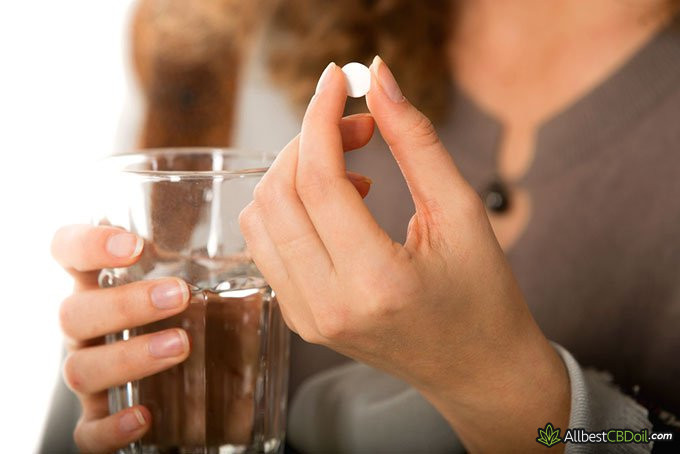
Let’s start by figuring out what happens when you ingest any kind of pill, syrup or any other form of medication. Once ingested, the medicine travels through the whole digestive tract. Then it ends up in the liver where it gets broken down into its chemical components. Once broken down, these components are released into your bloodstream.
As you probably already know, blood circulates all through your body. When you ingest any kind of generic medicine, it has no designated destination. Circulating with the blood, it finds the receptors with which they’re supposed to connect. This way, illnesses and ailments are cured.
Now that you know how both of these substances are metabolized, let’s learn about CBD oil interactions to know if you can safely consume it, or if there are any CBD interactions with other drugs.
CBD Drug Interactions
Having talked about how both of these substances affect you, let’s get to the CBD drug interactions part. In order to do that, you must understand how both drugs and CBD are metabolized. The whole process happens in your liver. So, let’s figure out CBD interactions with other drugs in your liver.
Your liver has enzymes that perform all the functions. When it comes to metabolizing drugs, the main enzyme family is the cytochrome P450 (CYP450). It does the work of converting foreign substances so the useful parts are absorbed into the bloodstream and the remnants can be eliminated from the body.
Certain medications may affect the way the enzyme works, slowing down or speeding up the metabolization process. That creates a drug interaction, changing the way your body metabolizes certain drugs, resulting in altered effects of the drugs you consume.
How Do Liver Enzymes Work?
Let’s look further into this enzyme family to understand CBD Drug interactions. Specifically, let’s talk about a particular enzyme called CYP3A4. This particular enzyme targets as much as 60% of medically prescribed drugs[2]. That makes it one of the most important enzymes when it comes to drug metabolism.

The reason why I mentioned it is that CBD, during CBD oil interactions, can inhibit the work of CYP3A4. If that happens, your body may not metabolize the drugs you consume as effectively and you most likely won’t get the desired effects.
Also, some medication may affect the CYP3A4 and, as you now know, it’s the one enzyme that’s responsible for metabolizing CBD. If that’s the case, then you might not get the effects of CBD, as it won’t be metabolized correctly.
If you’re wondering why the speed of metabolism could be a problem, you should understand that if your body is metabolizing medicine too slowly you might end up with a higher dose of that medicine in your body than intended. This way your body gets overstimulated by the drug and side-effects may occur.
If the opposite happens, and the enzymes metabolize the medicine faster due to the quickened enzyme work, then there’s not as much medicine left in your body.
This leads to your symptoms not being targeted well and your illnesses remaining untreated, even if you chose the dose accordingly. That’s another part of the CBD and drug interactions.
How to Safely Take Both CBD and Drugs
Having read all this, you might start believing that, due to the CBD drug interactions, you might not be able to take both of these at the same time. I’m here to tell you that, most of the time, it’s definitely not the case. You can safely consume both CBD and prescription or over-the-counter medicine.
While CBD drug interactions are possible, there isn’t a specific guide on what drugs should not be taken with CBD. Both CBD and medicine usually have expected results, the effects they have on the human body differs from person to person.
To understand whether you can or cannot take CBD with a specific drug, you should first consult your doctor. They might monitor your healing as well as the drug concentration in your blood to see if it’s safe to use both of the substances.

Having agreed that there’s no definite answer to what drugs should not be taken with CBD, we should talk about the telltale signs that the drug might not be compatible with CBD and might lead to a harmful CBD and drug interaction.
Signs That Your Medicine Isn’t Compatible with CBD
Now that you’ve learned the basics of CBD drug interactions, let’s see what are the signs that you might need to consider not taking CBD along with your medicine.
Latest CBDistillery Coupon Found:
30% Exclusive Discount
On All CBDistillery Products
You have an exclusive chance to save 30% on your CBDistillery order. Grab this limited-time promo code & enjoy top-rated CBD products!
Increased Side Effects
Most of the drugs have side effects. There’s a strong possibility that under normal circumstances you may not experience any of them, but you should definitely be aware of them. They can be found in the patient information leaflet, found in the packaging of the medicine.
These side effects are categorized by the frequency of their occurrence and may range from mild ones, such as slight nausea, to severe ones like seizures or, in some critical cases, even death. If you notice any of the side effects, you should consult a doctor and find out if taking CBD has anything to do with the prevalence of the side effects.

As you’ve now learned, the reason why CBD might have an impact on side effects induced by the drug is that it might influence the absorption of the drug. It might be metabolized a bit slower than it’s supposed to, due to the effect of CBD on the metabolizing enzymes.
Decreased Effectiveness of the Drug
One more thing to look out for is if the drug you’re taking is as effective as it was before you started taking CBD with your medicine. It might be a little easier to monitor if you’ve been taking the medicine for an extended period prior to combining it with CBD.
If you notice that your drug isn’t as effective as it was before, you might consider that it could be due to CBD consumption.
As mentioned before, CBD drug interaction may also result in the medicine being absorbed and metabolized more quickly than it is supposed to. That could lead to the drug not being as effective as it is intended to be.
However, you should also consider that with time your body may develop a tolerance to a certain drug, and CBD might not be the one to blame in this case.
A lot of aspects may interfere with the effectiveness of the drug. Mild lifestyle changes, such as getting less sleep or changing up your activity levels, may impact its effectiveness. Moreover, some more complicated processes happening in your body, such as immune reactions or allergen response can also be a factor of influence.
CBD Side Effects
You should also keep an eye on the possible side effects of CBD. CBD drug interactions might result in more probable CBD side effects.
That happens due to drugs and CBD effects on enzymes found in the liver that are responsible for the metabolization of CBD. The concentration of CBD in your body could be higher than intended.
While CBD is often seen as a harmless supplement, it also has some side effects. Some of the most common ones include diarrhea, fatigue, changes in appetite, changes in weight and a few more.

If you notice any of these changes, you should consider consulting a doctor to help you understand the causes of these side effects.
Should I Take CBD with Medicine?
Despite the not so broad information on CBD and drug interactions, you must still be wondering about CBD oil interactions if you’re keen to try out CBD products. The answer is that there haven’t been any negative CBD interactions with other drugs found that could cause significant harm.
While CBD is far from being a prescription drug, as it is a rather freely available supplement that could bring many health benefits, it would still be for the best if you could consult a doctor before using any CBD oil or other CBD products. Your doctor could warn you about any possible CBD and drug interactions.

It’s especially important if you suffer from any illnesses that CBD might affect. CBD is known to have a little sedating effect so if you’re dealing with illnesses that might affect your energy levels or cause drowsiness , you might have to be even more careful. That’s why a doctor’s opinion on the matter is necessary.
Conclusions
If you want to try out CBD products but you’re currently taking any kind of medicine, you must be wondering about CBD drug interactions. It’s definitely important to figure out how both of these substances affect you in order to learn about CBD drug interactions.
Both CBD and drugs are metabolized in your liver by CYP3A4 enzymes. They’re responsible for sending metabolized substances into your bloodstream and this way letting them take effect. It’s important to note that they may inhibit each other's metabolization causing stronger or weaker effects of these substances.
If you notice any changes in drug’s effectiveness or any side effects of the medicine increasing after taking CBD oil with you might be experiencing CBD drug interactions. Then you would really benefit from consulting a doctor on what to do in this case. The same goes for noticing any side effects of taking CBD.
And that must be the answer to this question about the CBD drug interactions. While it’s usually safe to take with other drugs, you would definitely benefit from consulting a doctor if you notice any issues arising that might have to do with CBD oil.
Also, you should make sure that CBD you’re taking is high quality. If you’re looking for a good CBD oil, check out our guide on the best products.
Contributed By Bryan Woods, Compounding Pharmacist
Bryan Woods brings over 35 years of experience to the Double Down CBD team, with the last 20 years specializ...
Read Full Bio...Scientific References
Contributed by Bryan Woods, Compounding Pharmacist
1. Köguel C., López-Pelayo H, Balcells-Olivero M. et al. 'Psychoactive constituents of cannabis and their clinical implications: a systematic review.'
2. Sevrioukova I., Poulos T. 'Current Approaches for Investigating and Predicting Cytochrome P450 3A4-Ligand Interactions'
Leave your honest feedback review
Leave your genuine opinion & help thousands of people to choose the best cbd. All feedback, either positive or negative, are accepted as long as they’re honest. We do not publish biased feedback or spam. So if you want to share your experience, opinion or give advice - the scene is yours!


